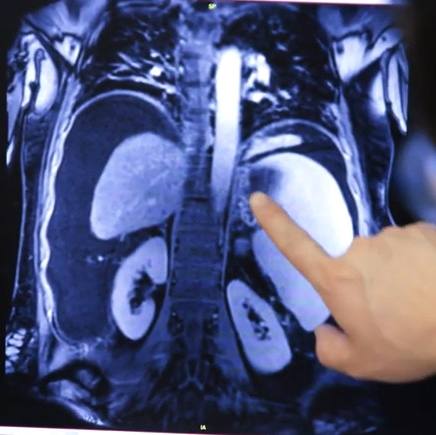More people are going gluten-free, and it's not just because it's one of the latest diet trends. Dr. Joseph Murray, a Mayo Clinic gastroenterologist, says there's good evidence that celiac disease is becoming more common.
Journalists: Broadcast-quality video (1:00) is in the downloads at the end of this post. Please "Courtesy: Mayo Clinic News Network." Read the script.
"It's not just that we're better at finding it or more aware of it," says Dr. Murray.
While it's not exactly clear why more people around the world are developing the disease, which is an immune reaction to eating gluten, Dr. Murray explains some possible factors.
"Wheat itself probably hasn't changed very much in the last 100 years. What we do with the wheat has changed. How we make our bread has changed. The amount of pizza we're eating has gone up dramatically. The amount of fast food that we eat, of course, has increased dramatically," says Dr. Murray.
There also may be a dose effect of gluten in those who are at a genetic risk.
"The most recent work suggests that very young children who are at genetic risk for celiac disease, if they get more gluten in childhood, they're more likely to develop celiac disease," says Dr. Murray.
If untreated, celiac disease can cause anemia, infertility and bone weakening. In addition, severe complications, such as cancer, are possible.







